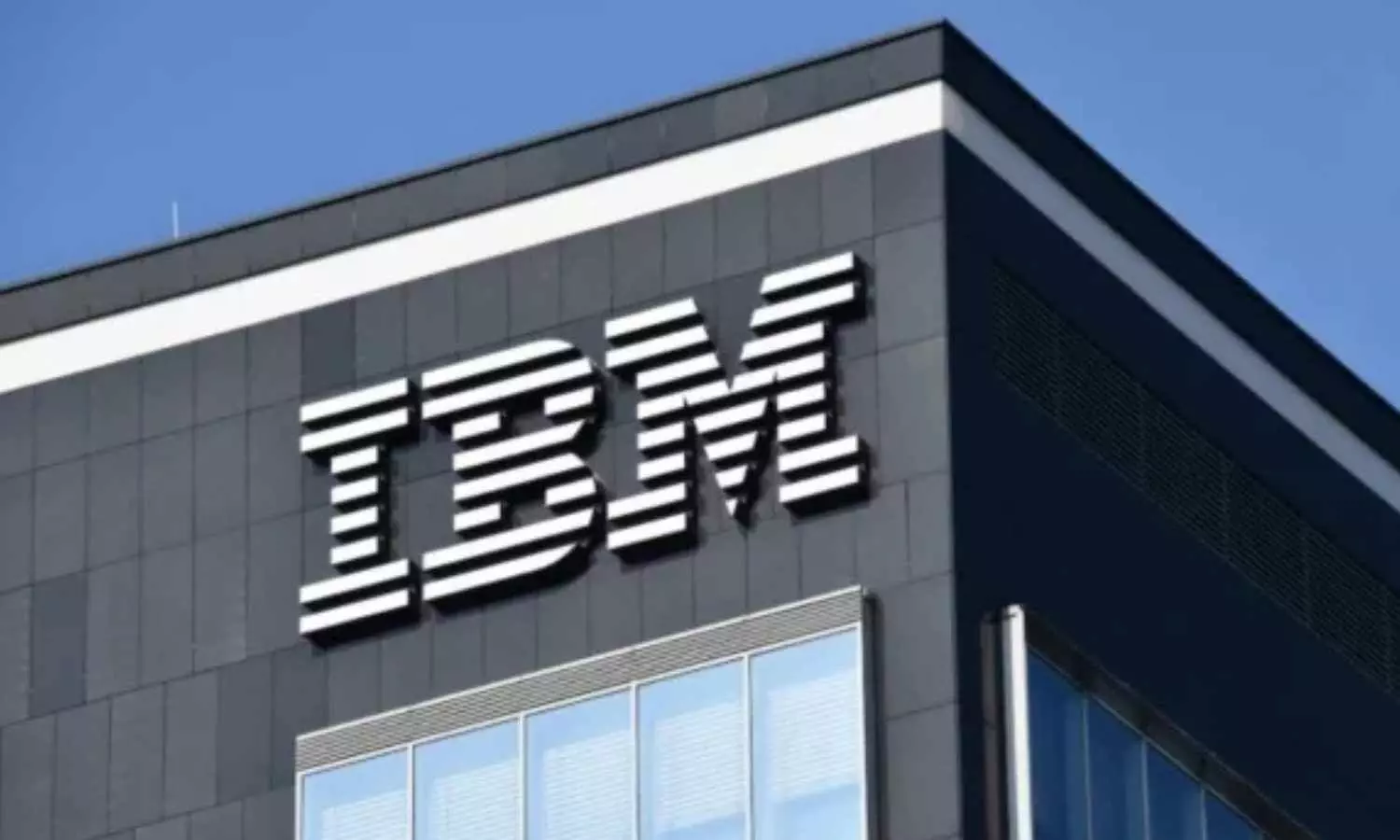IBM Cuts Jobs Amid AI Shift; HR Department Most Affected
IBM announces job cuts as part of its AI-driven transformation, with the HR department facing the most impact. Learn how automation is reshaping roles at IBM.
IBM Cuts Jobs Amid AI Shift; HR Department Most Affected

The rapid rise of artificial intelligence (AI) is reshaping not only technology-related roles but also traditional functions like Human Resources (HR). IBM recently made headlines after dismissing approximately 8,000 employees, with the majority of layoffs occurring within its HR department.
This move comes as IBM accelerates its adoption of AI and automation to streamline operations and improve overall efficiency. Central to this transformation is IBM’s newly launched AI tool, the AskHR system, which automates a wide range of HR tasks such as managing leave applications, salary details, and employee documents. Reports indicate that this system is capable of handling up to 94% of routine HR functions independently, significantly reducing the need for manual labor in the department.
Despite the scale of the layoffs, IBM’s CEO Arvind Krishna highlighted that the company’s productivity has increased substantially due to AI integration. He stated that these efficiency gains have generated $3.5 billion in output, which IBM plans to reinvest in hiring for more strategic and growth-oriented roles like software engineering, sales, and marketing. The restructuring reflects IBM’s strategic approach to workforce optimization in the era of automation.
However, this transition is part of a broader trend affecting workplaces worldwide. While AI is automating repetitive tasks, human involvement remains critical for roles requiring judgment, insight, and decision-making. IBM’s Chief Human Resources Officer, Nickle LaMoreaux, emphasized that AI is not expected to replace entire roles but rather to handle routine duties, freeing employees to focus on more meaningful and productive work.
IBM’s workforce changes mirror similar shifts seen at other tech giants such as Google and Microsoft, illustrating an increasing reliance on AI across industries. This evolution underscores how digital transformation continues to redefine job roles and workplace dynamics in the modern era.

